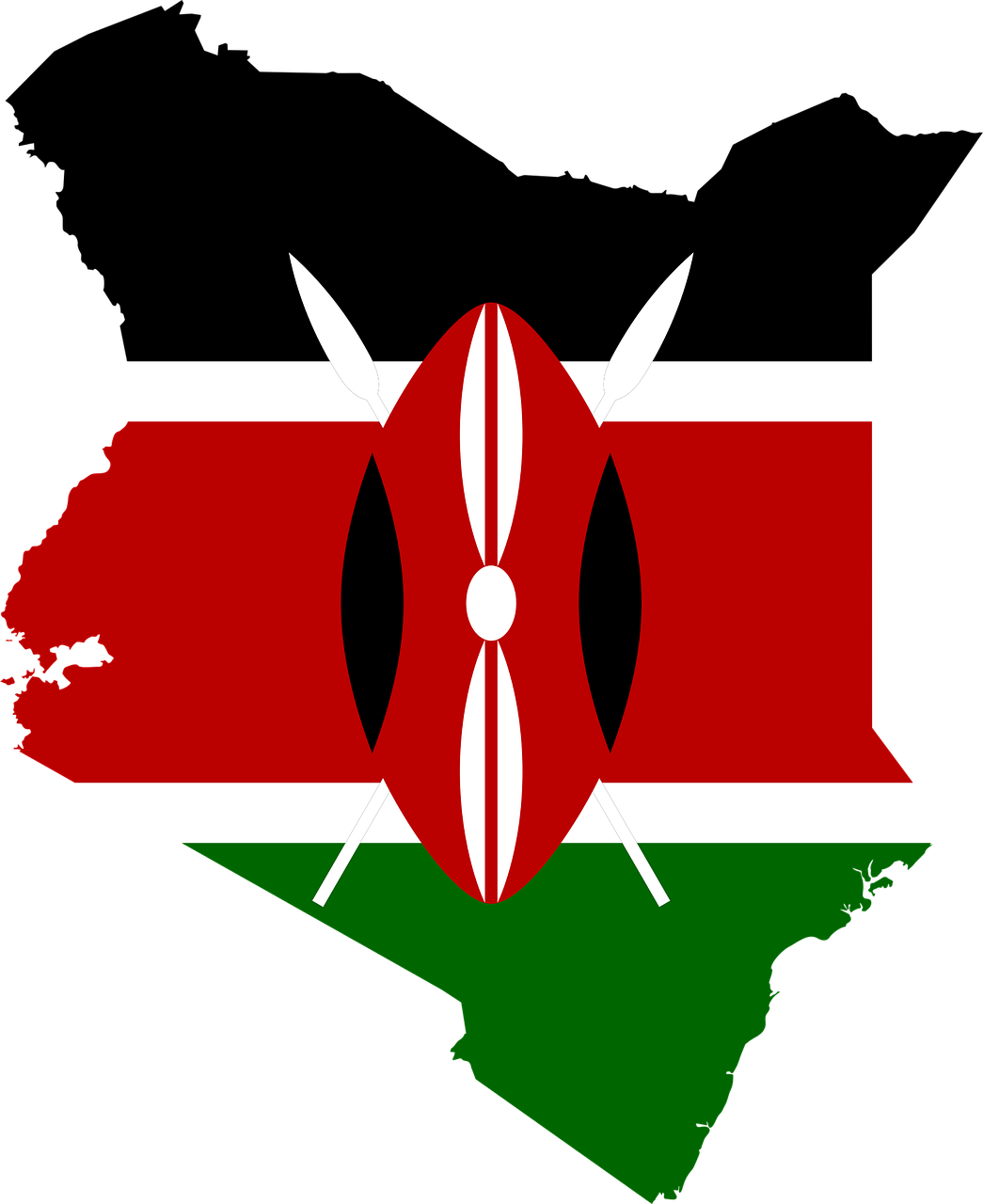Kenya
Overview
The Heartbeat of East Africa, Where Savannas Meet Silicon
Strategically positioned along the East African coast, Kenya is a land of breathtaking landscapes, from the iconic Maasai Mara and the Great Rift Valley to the sandy beaches of Mombasa. But beyond its natural beauty, Kenya stands as a powerhouse in the region, driving economic growth, innovation, and regional integration.
Nairobi, the capital city, is not just the political and economic hub of Kenya but also the epicenter of technological innovation in East Africa. Often dubbed "Silicon Savannah," Nairobi has emerged as a hotspot for tech startups, fintech innovations, and a hub for international organizations and businesses.
Kenya's economy, historically rooted in agriculture with its renowned tea and coffee exports, has diversified over the decades. Sectors like tourism, real estate, telecommunications, and finance have seen significant growth. The government's Vision 2030 development blueprint underscores its ambitions to transform Kenya into a newly industrializing, middle-income country.
Culturally, Kenya is a melting pot of over 40 ethnic groups, each with its unique traditions, languages, and dances. Events like the annual Safari Rally, the Lamu Cultural Festival, and the Lewa Marathon showcase the country's diverse cultural and natural heritage.
Infrastructure development, particularly the Standard Gauge Railway and advancements in renewable energy, highlight Kenya's focus on sustainable and inclusive growth. With its strategic location, a well-educated workforce, and a dynamic entrepreneurial spirit, Kenya beckons investors and businesses looking for a gateway to East Africa and beyond.

Key indicators

Population

GDP per capita

Nominal GDP

Purchasing Power Parity GDP

Main export

Foreign direct investment

Stock market capitalization

GDP growth rate
- Economic Snapshot
- Business Environment
- Startup Ecosystem
- Infrastructure & Technology
- Opportunities & Challenges
- Cultural Insights
Kenya is a lower-middle-income country with a diverse economy. The country's main sectors include agriculture, manufacturing, tourism, and services. Kenya is also a major exporter of tea, coffee, and horticultural products.
The Kenyan government is committed to economic reform and diversification. The government is investing in infrastructure, education, and healthcare. The government is also working to improve the business climate and attract foreign investment.
Kenya's economy has been growing steadily in recent years. The country's GDP grew by 5.4% in 2022. However, Kenya's economy is facing a number of challenges, including inflation, unemployment, and poverty.
Kenya has a relatively favorable business environment, ranking 56th out of 190 countries in the World Bank's Ease of Doing Business Index. The government has implemented a number of reforms to improve the business climate, such as streamlining the business registration process and reducing the number of days it takes to clear goods through customs.
However, there are still some challenges to doing business in Kenya, including corruption, bureaucracy, and infrastructure gaps.
The Kenyan startup ecosystem is one of the most vibrant and innovative in Africa. The country is home to a number of successful startups, such as M-Pesa, the mobile money platform, and Twiga Foods, the online B2B marketplace for fresh produce.
The Kenyan startup ecosystem is supported by a number of incubators, accelerators, and venture capital firms. Some of the most notable include:
- iHub: iHub is one of the oldest and most well-known startup incubators in Africa. It has helped to launch a number of successful startups, including M-Pesa and Ushahidi.
- Nailab: Nailab is another leading startup incubator in Kenya. It provides startups with access to mentors, resources, and networking opportunities.
- 88mph: 88mph is a startup accelerator that invests in early-stage startups. It has helped to launch a number of successful startups, including Twiga Foods and SokoWatch.
- Savannah Fund: Savannah Fund is a venture capital firm that invests in early-stage startups in Africa. It has invested in a number of successful Kenyan startups, including M-Pesa and Twiga Foods.
- Africa's Talking: Africa's Talking is a technology company that provides APIs to help businesses develop and launch mobile applications. It also has a venture capital arm that invests in early-stage startups.
The Kenyan government is also supportive of the startup ecosystem. The government has launched a number of initiatives to help startups grow and succeed, such as the Startup Act and the Kenya Innovation Fund.
The Kenyan startup ecosystem is still in its early stages of development, but it is growing rapidly. The country has a young and tech-savvy population, a growing economy, and a government that is supportive of startups. These factors are all contributing to the success of the Kenyan startup ecosystem.
Here are some of the most promising sectors for startups in Kenya:
- Fintech: Kenya is a leader in fintech innovation, and there are a number of opportunities for startups in this sector.
- E-commerce: E-commerce is growing rapidly in Kenya, and there are a number of opportunities for startups in this sector.
- Agriculture: Kenya has a large agricultural sector, and there are a number of opportunities for startups to develop new technologies and services to support the sector.
- Education: Kenya's education system is underdeveloped, and there are a number of opportunities for startups to develop new educational products and services.
- Healthcare: Kenya's healthcare system is underdeveloped, and there are a number of opportunities for startups to develop new healthcare products and services.
The Kenyan startup ecosystem is a great place for entrepreneurs to start and grow their businesses. The ecosystem is supportive and there are a number of opportunities for startups to succeed.
Kenya has made significant investments in infrastructure in recent years, and the country now has a well-developed road network and telecommunications infrastructure. Kenya also has a growing number of internet users, and the government is working to expand internet access to rural areas.
However, there are still some infrastructure gaps in Kenya, such as in the energy sector.
Kenya offers a number of opportunities for businesses and investors. The country has a young and growing population, a growing economy, and a government that is committed to economic reform. Kenya is also a regional hub for trade and investment.
However, Kenya also faces a number of challenges, including poverty, inequality, and corruption. The country is also vulnerable to climate change and other shocks.
Despite the challenges, Kenya is a country with a lot of potential. Businesses and investors who are willing to take some risks can find good opportunities in Kenya.
Kenya is a country with a rich and diverse culture. The country has over 40 ethnic groups, each with its own language and culture. Kenya is also home to a number of religious groups, including Christians, Muslims, and Hindus.
Kenyans are generally friendly and welcoming people. They are also very proud of their culture and heritage. Businesses and investors who are respectful of Kenyan culture will likely be successful in the country.
Here are some additional cultural insights for businesses and investors operating in Kenya:
- Kenyans place a high value on family and community.
- Kenyans are generally respectful of authority figures.
- Kenyans prefer face-to-face meetings to email or phone calls.
- Kenyans are known for their hospitality.
- Kenyans are also known for their love of music and dance.

Investment Landscape & Opportunities in Kenya
- Start-up & SME Investments
- Impact & Green Investments
- Government Bonds & Stock Market
- Public-Private Partnerships
- Foreign Direct Investments
- Commodities & Infrastructure Investments
- Real Estate Development
- Cultural and Creative Industries

Leading
startups in Kenya
Comming up soon

